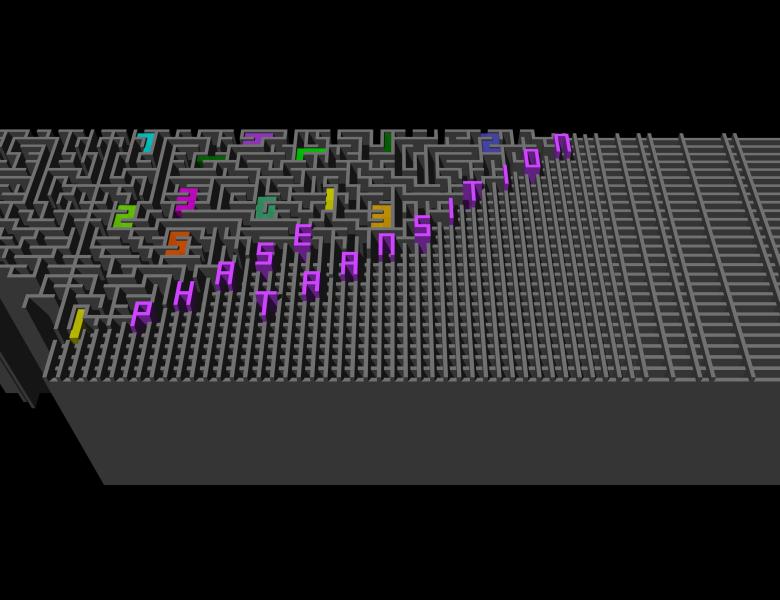Image

Often practitioners run a Markov chain because they are interested in some feature of the chain. This might become suitably random much faster than "all features". In this talk, I collect together some examples and methods. One striking example drawn from work with Bob Hough: simple random walk on k x k (uni-upper-triangular) matrices with entries mod p, entries just above diagonal take order p^2 steps to get random, entries on the 2nd diagonal take order p steps, entries on the kth diagonal take p^2/k steps.